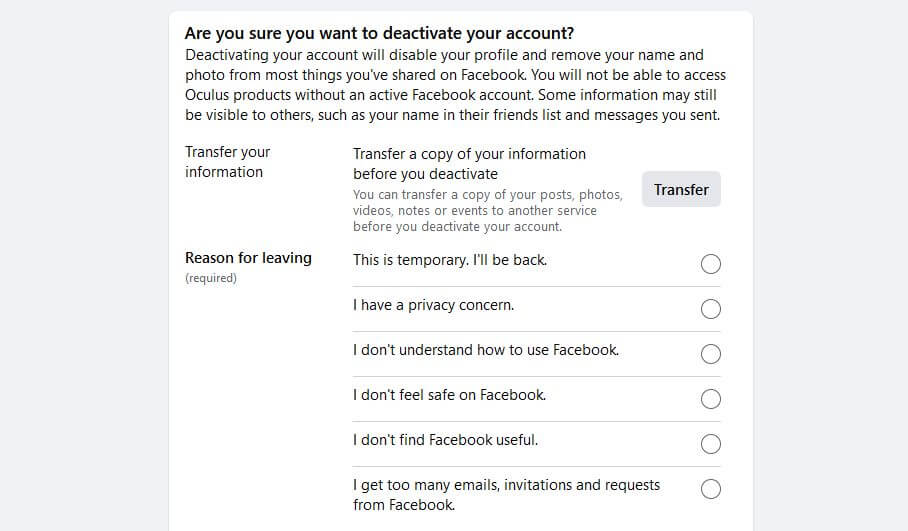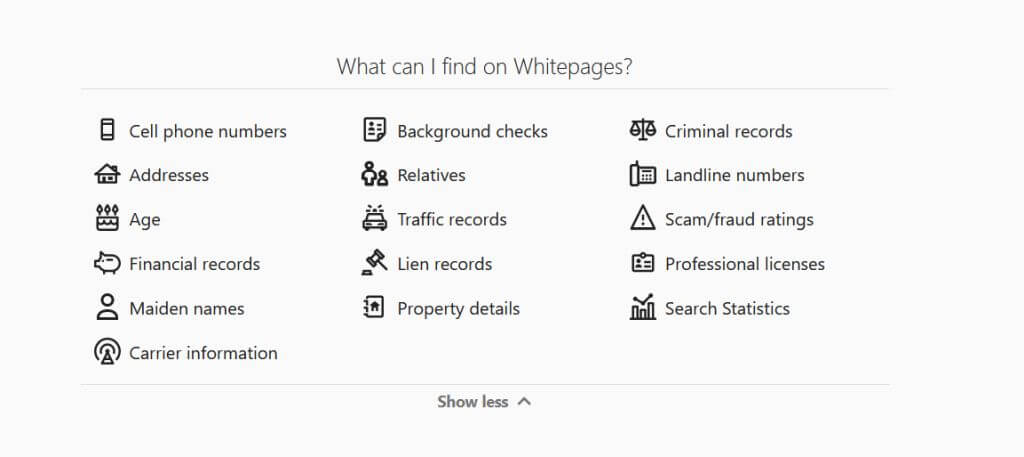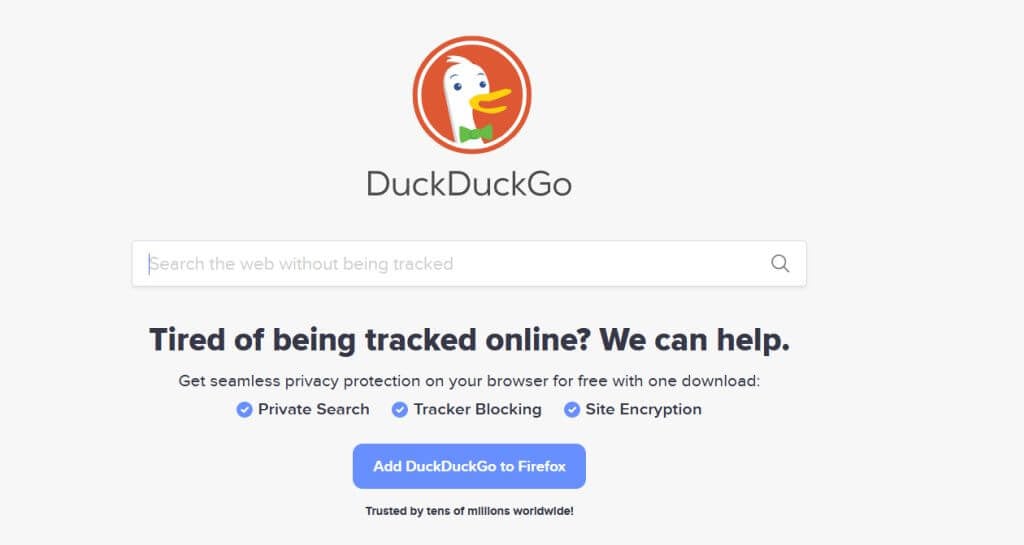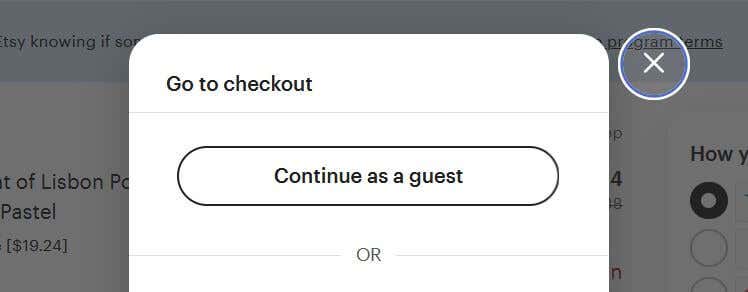Typically, people are comfortable sharing some information online, such as their name or age, or where they’re from. However, if you want to keep a completely anonymous profile while being online, this is just as possible. Even if you have previously shared information about yourself publicly, there are ways to get it taken down. Keep in mind, though, that some things cannot be deleted. Besides that, there are plenty of ways to keep a low profile and minimize your chances of people knowing who you are. The tips outlined in this article will show you how to remove public information, keep your identity anonymous, and prevent websites, programs or people from collecting your data.
1. Lessen Your Online Presence
Social media and other online platforms are a treasure-trove of personal information and data, both for private companies and individuals with malicious intent. You have a couple options when it comes to lessening your presence on social media. The first is to delete or deactivate all your social media accounts. This may be platforms like Facebook, Twitter, and Instagram, messaging apps like Snapchat, blogging sites, or even email and online banking accounts.
You can make a list of all your online accounts which may store personal information, and go through each one to delete or deactivate them. If you want to delete your email accounts but still want to receive emails, you can use more anonymous services such as ProtonMail.
If you want something less drastic, go through each account you have and change your name to a fake one, and remove any personal information you may have listed. You can also go into the privacy settings for each platform and ensure that you have the highest privacy settings possible enabled.
2. Remove Your Information From Websites
If you notice there are websites which have posted personal information about you, you should contact them and ask them to remove it. If you don’t receive an answer or they refuse to take down your information, you can contact Google to get them to remove it. You can either report it to Google if the sharing of your personal information violates a law in your country, or if it violates Google’s Terms of Service.
You may also notice that your information is listed on data broker websites, like Whitepages or BeenVerified. In order to remove your information from these, you’ll need to opt-out of each one. Thankfully, programs exist which can help you find where your information is being hosted and opt-out of them. A program like DeleteMe is great for this.
3. Change Your Browsing Habits
There are many ways your web browsing history is being tracked and stored. Whether it’s through cookies, search engine history, or cached data, there’s lots of information about you available just on your browser. Quite a few options exist to keep yourself private while browsing online.
First, you may want to consider a more privacy-oriented web browser. Something like the Tor browser is a great choice, and you can pair it with a similarly private search engine such as DuckDuckGo, which also works with browsers like Firefox or Google Chrome.
If you still want to use your regular browser, you could opt for using a VPN (virtual private network) instead. You’ll also want to make sure you say no to cookies when you visit websites, as these will track your browsing information. Furthermore, make it a routine practice to delete your search history as well as clear your cache.
Also keep in mind that using the incognito mode available on many browsers won’t keep you entirely anonymous. This will hide your activity from others who may use the same computer as you, however it won’t hide things from your ISP, your Internet Service Provider.
4. Delete All Apps You Don’t Use
Another huge bank of personal information lies on your smartphone. The apps you use likely collect lots of information about you and your habits while using them. There are a few ways you can combat this. One, go through and delete all the apps that aren’t necessary.
For the apps you do intend on keeping, you’ll want to look through your app permissions, which can usually be found in your settings on both iPhone and Android. From there, turn off permissions for things you don’t want the app to have access to. You may also want to look in the privacy settings for your phone itself.
On iPhone, you can go to Settings > Privacy to change things such as Location Services, Tracking, sharing analytics, and more. On Android, you can go to Settings > Privacy to change similar options.
5. Do Online Shopping as a Guest
When you shop online, you’re usually asked to create an account to check out with anything you want to buy. Sometimes, even if you’re not ready to check out but simply browsing an online store, you’ll be pressured to create an account. However, this is a quick way to get your email flooded with annoying promotions or spam. It may also save your sensitive credit card or other payment information on the site, which you may not want them to keep.
To prevent this, you should always choose the Guest option when making online purchases. If you absolutely need to enter an email, don’t use your main one, and make sure you don’t check off any offers to receive promotional emails.
Keep Your Information Safe Online With These Tips
The amount of online anonymity you want is up to you. You may be okay with your real name or picture being available, while others want to completely wipe their presence from the internet. Either way, the tips listed here are a good jumping off point to keep your personal information much more private.




